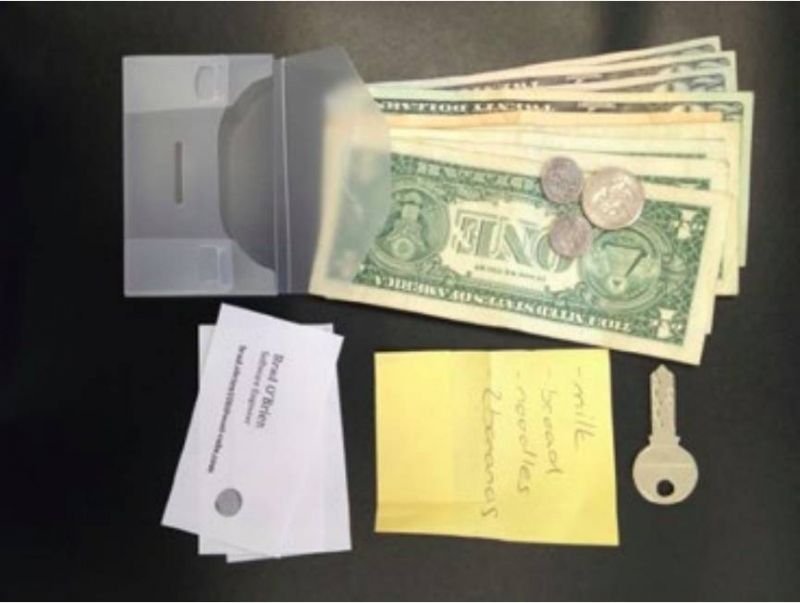Around the world, people likelier to return wallets with more cash
Does the amount of cash in a lost wallet impact how likely a person is to return it? Classical economic theories suggest that the greater the temptation, the less likely we are, to be honest -- but a new study turns the idea on its head, finding that altruism, and a powerful aversion to viewing oneself as a “thief,” outweigh the financial incentives.
A team of researchers studied these questions in a huge experiment spanning 355 cities in 40 countries -- one of the most rigorous investigations so far into the intersection of economics and psychology. The results, published Thursday in Science, also reveal extreme differences between countries, with Switzerland and Norway topping the honesty list, and Peru, Morocco and lastly China rounding out the bottom three. But although rates of civic honesty varied greatly from country to country, one thing remained remarkably constant: wallets with money, as opposed to no money, boosted reporting rates. The global average for reporting a lost wallet was 40 percent, which grew to 51 percent when it had money.
“The evidence suggests that people tend to care about the welfare of others and they have an aversion to seeing themselves as a thief,” co-author Alain Cohn from the University of Michigan said. Researchers from the University of Zurich and the University of Utah were also part of the work. The researchers then polled a group of 279 top-performing professional economists to see if they would have accurately predicted the outcome, which only 29 percent did.
“Our results suggest that even experts tend to have cynical intuitions about other people’s motivations, often exaggerating the role of financial incentives and underestimating the role of psychological forces,” added Cohn. The experiment, which cost $600,000, is unparalleled in its magnitude. More than 17,000 identical wallets were dropped off at banks, cultural establishments like theaters and museums, post offices, hotels, and police stations or courts of law.
The wallet would be placed on the counter by the research assistant, who would deliver it to an employee telling them they had found it on the street but were in a hurry and had to go. Each contained a grocery list, a key, and three business cards in the local language using fictitious but commonplace male names and an email address, signaling the owner was a local resident.
Related Posts

